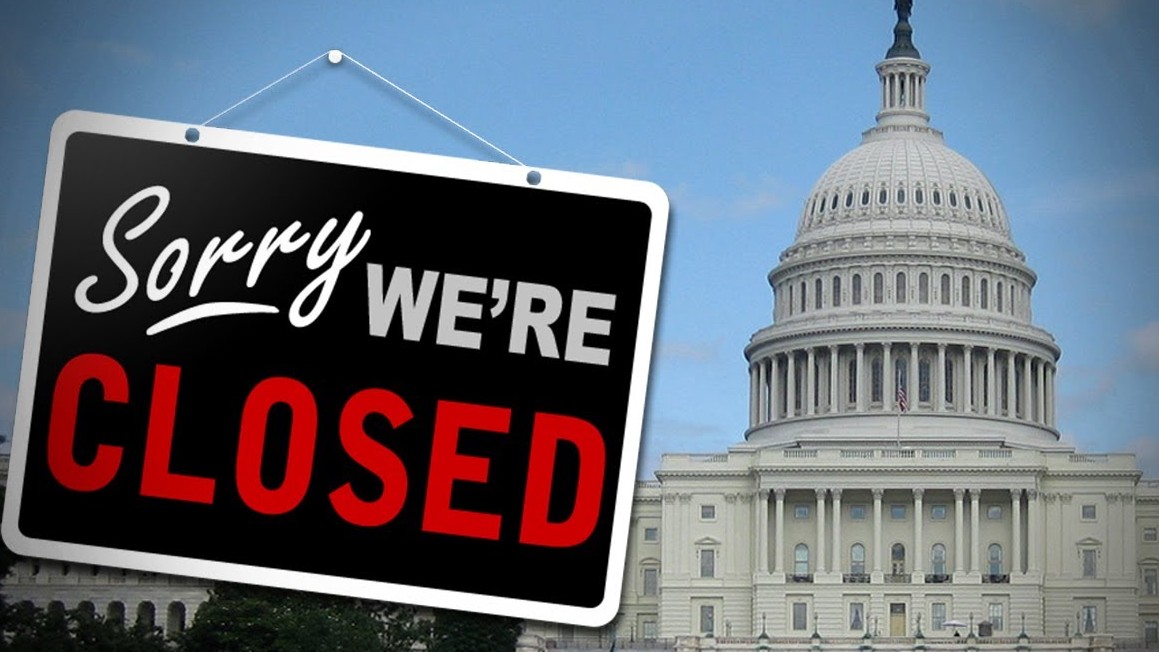Democrats in the Senate have snubbed to pass any so-called continuing resolution if it abates Obamacare, paving way for a government shutdown.
What’s happening?
Congress is struggling over how to empower funding for the federal government beyond September. This used to be a moderately routine stage in the budget process, but has been taken control by House Republicans, who are making use of this chance to make one last effort to obstruct Obamacare, the president’s scheme to provide health insurance to those without cover.
Democrats in the Senate have snubbed to pass any so-called continuing resolution if it abates Obamacare, paving way for a government shutdown.
What’s actually happening?
A fight for the soul of the Republican Party is waging between the conservatives with presidential aspirations or long-term subjective goals, and more reasonable lawmakers, who are concerned about losing authority of the House in 2014 mid-term.
Speaker John Boehner was in the beginning hesitant to link Obamacare to the continuing resolution because he panicked the unavoidable shutdown would be liable on the Republicans and affect their electoral probability as it did to his predecessor Newt Gringrich after the last shutdown in 1990s. Yet, a dominant group of Tea Party radicals in the House has teamed up with Senator Ted Cruz to pressurise Boehner into a more aggressive policy.
Who’s accountable for this?
Boehner’s failing as leader of the House faction is a big part of the trouble. He fixed a last-minute deal with vice-president Joe Biden to avoid the last budget confrontation, dubbed the fiscal cliff, in January, but this infuriated many on the right of his party, worsening rather than resolving the boiling pressure.
He has little backing from majority leader Eric Cantor, who is considered to be angling for his job, and Republican whip Kevin McCarthy, who is close to the Tea Party. Yet, the majority of House Republicans were not earlier considered to be so frantically against the government and Boehner has been unsuccessful to utilise their numerical advantage to further his more watchful instincts.
Other party heavyweights such a Cruz, Paul Ryan, Marco Rubio and Rand Paul are waiting to let the Tea Party succeed as they need the right wing on their side to win a 2016 presidential primary. Senate popular leader Harry Reid is also not devoid of the blame: influencing President Barack Obama against any talks at all with Republicans, who the Democrats contrast to “militants”.
Why at this time?
Congress has been at loggerheads over the federal budget every since Democrats lost command of the House in 2010. As well as the fiscal cliff tragedy that happened over New Year, both parties closely prevented a government shutdown in 2011 by striking a last minute deal to cut costs.
This time, though, their differences may be difficult to solve as so much bad blood has already been spilled out. Politically, Obama has little to lose for splitting communications with congressional Republicans, since they are already jamming two other things that matter to him- gun control and immigration- and is hence even more hesitant to give up his only other big home accomplishment by impeding Obamacare.
But this weakening position only persuades presidential aspirants in both parties to target more on pushing for longer-term benefit. The concurrence of this lapse in active spending authorisation with the start of Obamacare’s insurance exchanges and the approaching infringement of government debt limits in two weeks may have led to this perfect storm.
Does it matter?
Government shutdowns have been endured before. In the 1970s they were ordinary until an official decree that pressured non-essential workers to stay at home instead of working for IOUs. The second of Bill Clinton’s confrontation with Newt Gringrich lasted for 21 days over New Year 1995-96.
This time, though, the US economy is in much weaker shape, with a frail revival seen as susceptible to the dip in consumer confidence that an extended shutdown would possibly bring. More disturbingly, the debt ceiling breach likely on October 17 presents a reason for reactionaries on both sides to keep struggling on their corner as long as possible.
If the shutdown is not resolved within the time span of a week or so, the two matters are expected to be conflated into one giant argument that intimidates not just federal workers but the world economy at large.
How it will end?
A vaguely more hopeful situation is that Boehner succeeds in using the forthcoming debt struggle as a way to convince his hardliners to let the continuing resolution pass and put off their Obamacare battle until next month. This would only buy some time, but would at least bring the shutdown to a quick conclusion.
The probability of permanent resolution, or ‘grand bargain’, as it positively became known during the fiscal cliff tragedy, seems close to zero, with the sides where they are at present. The best hope for many Democrats is that Republicans obtain so much public ignominy that they lose the 2014 mid-terms or alter path to avoid that happening.





